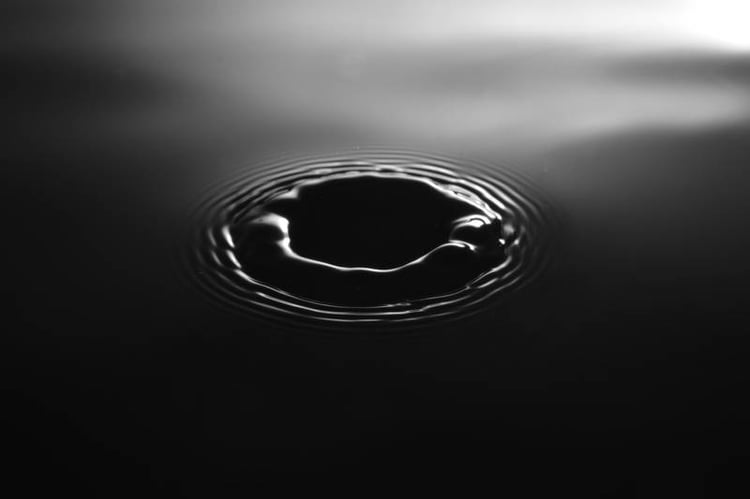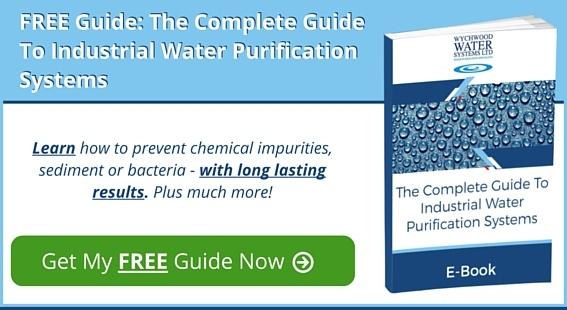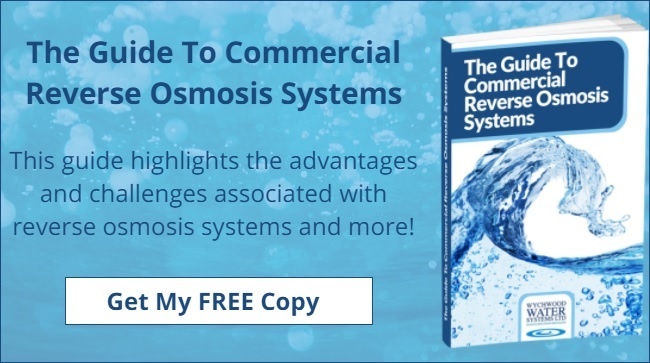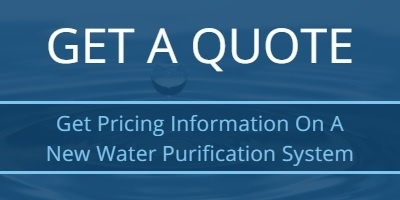
Bacteria is a perpetual threat to industrial water purification systems, because all systems offer any number of locations and conditions to promote bacterial growth. Facilities managers must always ensure their staff are on the lookout for signs of bacterial contamination, as not doing so can result in expensive downtime while cleaning and disinfection takes place.
Being Proactive
The best way to avoid allowing bacteria into your industrial DI system is to prevent it from entering in the first place. These proactive measures should extend even to water treatment systems that only see intermittent use, as standing water can allow bacteria to take hold on the insides of pipes, and within joints and crevices.
Cleaning, monitoring, maintenance and using other treatment methods can all ensure that the water your manufacturing water is bacteria-free.
DI Can’t Do It All
Although you may think that a DI system is enough to get you bacteria-free water, the truth is that any water you use will need to be pre-treated. Reverse osmosis water treatment is the answer. When used as a companion to DI, reverse osmosis can remove many contaminants from feed water.
Reverse osmosis sees water being pushed at low speeds over semi-permeable membranes in a crosswise direction, or cross flow. This cross flow stirs up contaminants, which are then trapped onto the membrane surface on one side, while pure water flows through to the other.
Industrial reverse osmosis systems can remove a high number of organic compounds, as well as larger viruses and most bacteria from water.
Clean
All DI and RO systems used by industrial facilities to purify water must be cleaned on a regular basis. Cleaning should always be conducted according to a strict schedule. Instructions for cleaning should be well-understood by the individual who undertakes it, and a copy of the instructions should be located in a place where they can be easily accessed.
Cleaning tasks should be reported in a detailed record that reveals how often the system was cleaned, as well what cleaning task took place at which time and day. The person who did the particular task should also be listed. Over time, this will provide you with a reliable record of cleaning history, allowing you to troubleshoot the process if necessary.
Monitor And Maintain
Your industrial DI system cannot do its job without regular maintenance. If water quality levels are dropping or you’ve found higher bacteria levels than normal, this likely indicates it’s time to clean and recharge the system’s resins. Staff should have clear instructions nearby which outline how to properly monitor water quality levels, clean the resins and maintain the rest of the system.
In addition to monitoring and maintaining your DI system, you will also need to ensure that the reverse osmosis system used to treat your feed water is monitored and maintained, so that feed water entering your DI system is of the right quality. RO resins should be checked for integrity and contaminant load, and these cleaned as well if not replaced completely.
Deionisation has been in use in the manufacturing sector for decades. The processes involved with the cleaning, monitoring and maintenance of these systems have experienced continual improvement. However, even after all of this you may be unsure if industrial DI is the best process for your facility.
Get Assistance With Choosing The Right Treatment System
Although it may seem like you’re on your own with choosing the best water treatment option, there is a lot of help available. Our team at Wychwood have created a free resource packed with the information you require to understand your industrial water purification options.
Our Guide to Industrial Water Purification Systems is available here for instant download. You’ll discover that it contains answers to some of the most common questions about industrial water treatment. Alternatively, you can get in touch with any of our water treatment experts by emailing sales@wychwood-water.com.









 We are a specialist independent company involved in water purification and water treatment technologies
We are a specialist independent company involved in water purification and water treatment technologies


